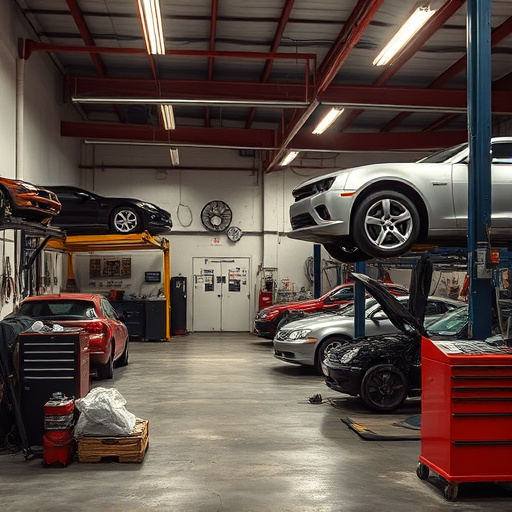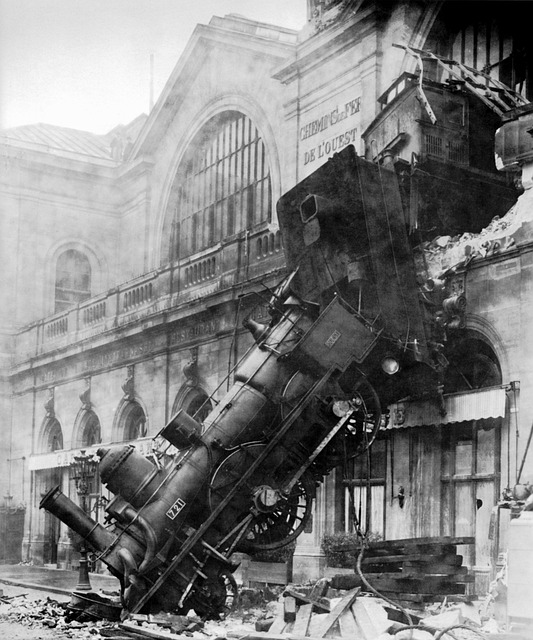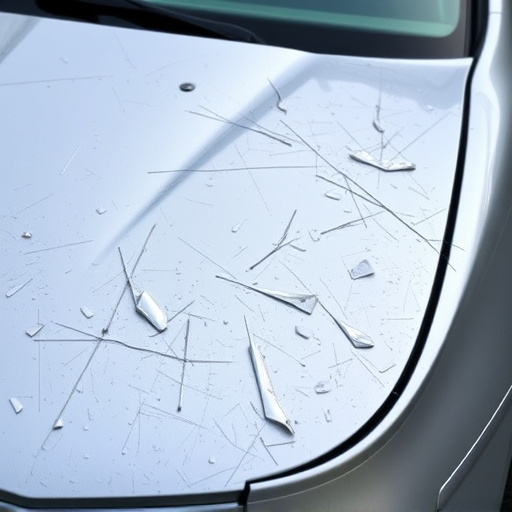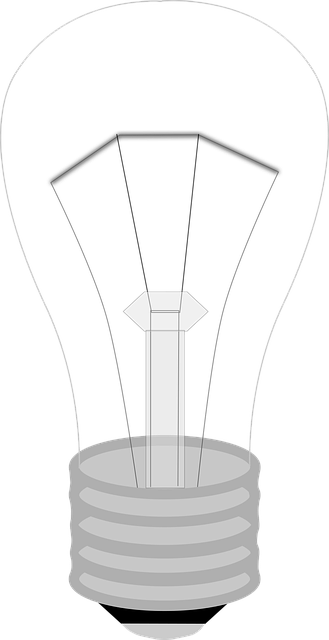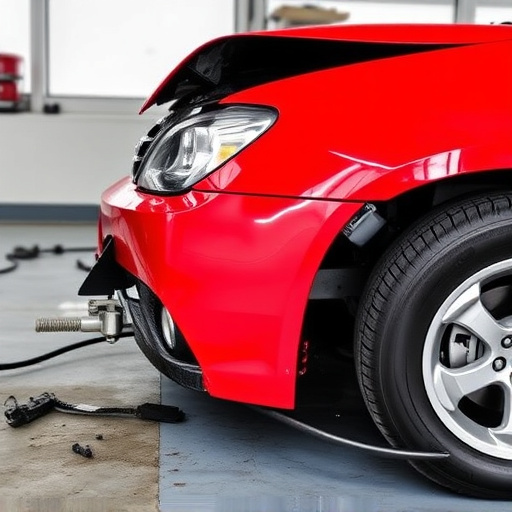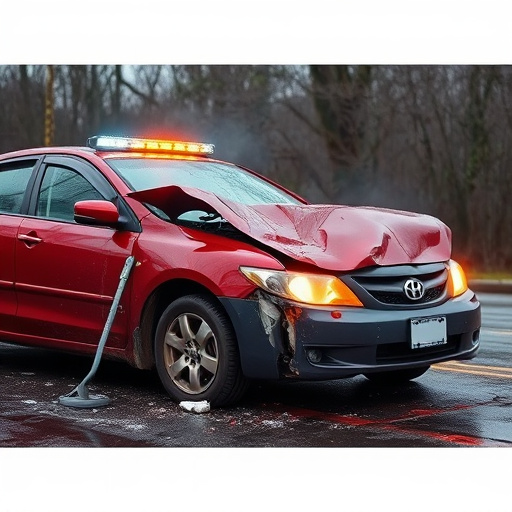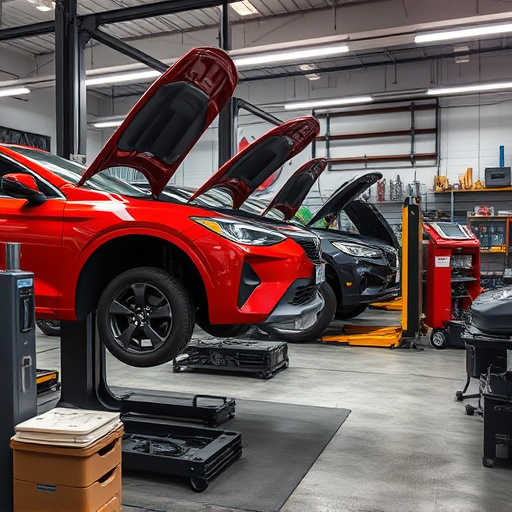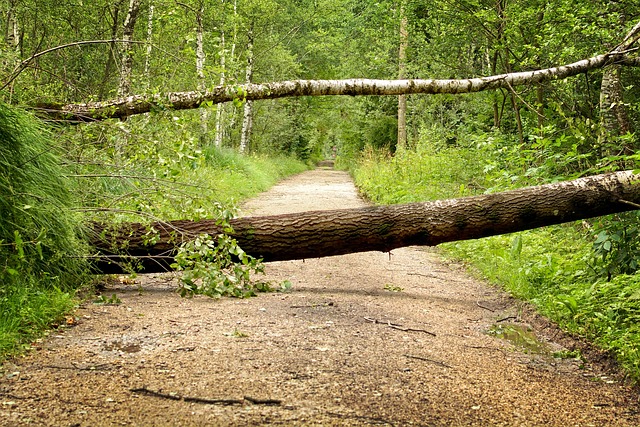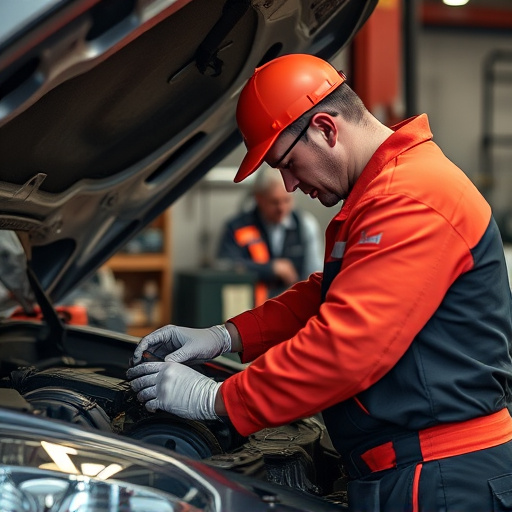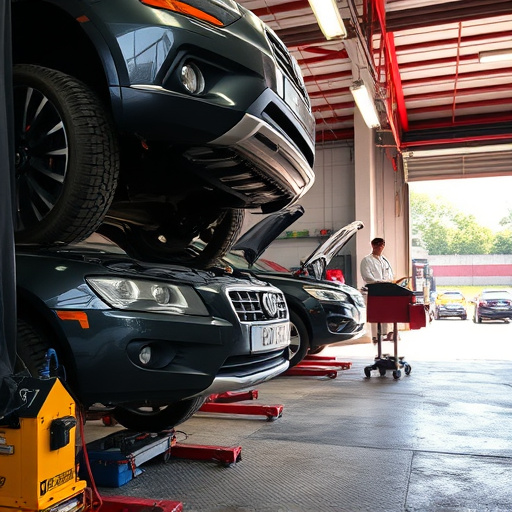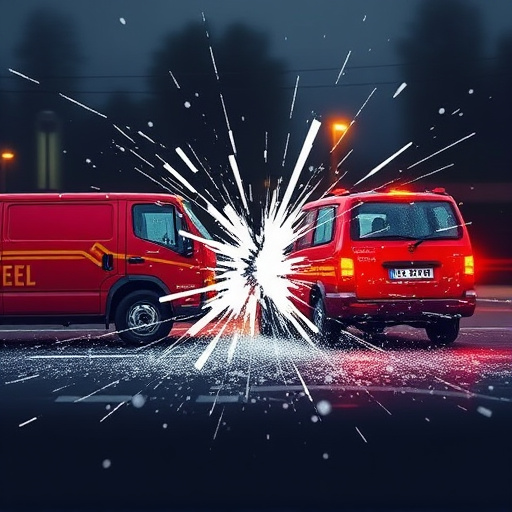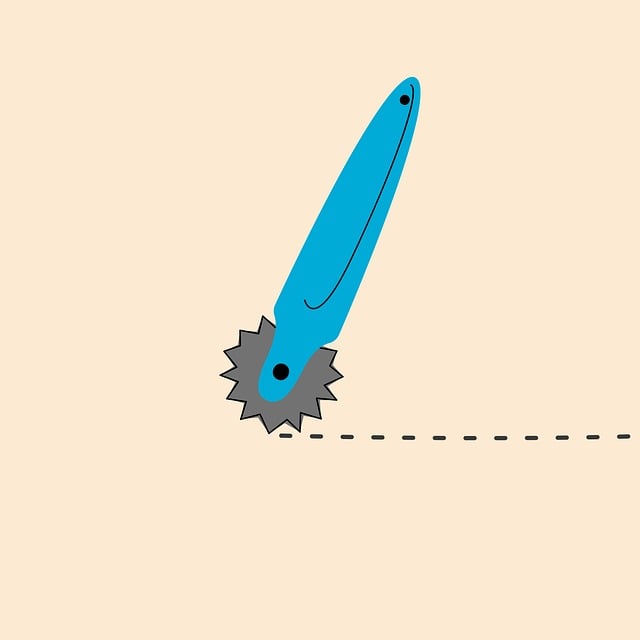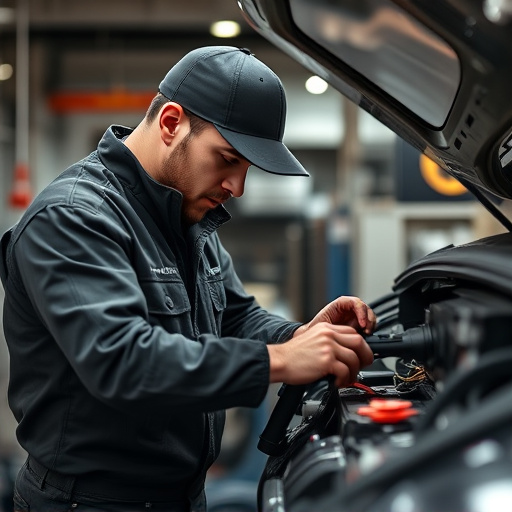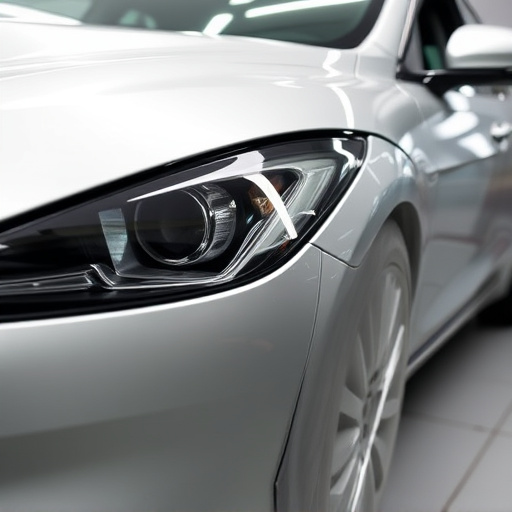A calibration tools collision (CTC) in auto repair can severely harm a shop's reputation, leading to decreased online presence, lost clients, and reduced business. These incidents result from equipment malfunction causing physical damage to vehicles, reflecting poorly on the shop's professionalism. To mitigate CTC impacts, repair shops must quickly assess damage, communicate transparently with customers, prioritize vehicle restoration to pre-incident condition, and demonstrate commitment to customer satisfaction. Effective handling of CTCs can turn them into positive testimonials for the shop's resilience and quality services.
In the competitive automotive repair industry, a single event can significantly impact a shop’s reputation—calibration tools collision. This article delves into the immediate and long-term consequences of such incidents, from damaged equipment to potential client distrust. We explore how these collisions affect customer perception over time and provide strategic insights to help repair shops mitigate risks, maintain integrity, and protect their hard-earned reputations in a competitive market. Understanding the impact of calibration tools collision is crucial for any shop’s success.
- Understanding Calibration Tools Collision and Its Immediate Impact on Repair Shops
- Long-Term Consequences: How Collision Affects Shop Reputation Over Time
- Strategies to Mitigate Damage and Protect Repair Shop Reputation
Understanding Calibration Tools Collision and Its Immediate Impact on Repair Shops

Calibration tools collision refers to the unfortunate event when specialized equipment used for precise adjustments and repairs inadvertently causes damage to a vehicle during the process. This can occur in any auto body shop, regardless of their expertise or reputation. The immediate impact of such incidents is twofold. Firstly, it directly affects the physical condition of the car, potentially leading to additional repair costs for the customer. Secondly, and perhaps more significantly, it casts a shadow over the repair shop’s reputation.
Customers who bring their vehicles in for repairs expect them to leave in better condition than when they arrived. A calibration tools collision can shatter this trust, especially if visible damage remains after the initial repair process. This not only leads to dissatisfied customers but also reflects poorly on the overall quality and professionalism of the auto body services provided. Moreover, it can deter potential new clients who may opt for alternative repair shops known for their meticulousness and care.
Long-Term Consequences: How Collision Affects Shop Reputation Over Time

A single calibration tools collision incident can have immediate repercussions for a collision repair shop’s reputation, but its long-term effects are often more significant. Customers who experience delayed or unsatisfactory service after an accident tend to share their negative experiences, impacting the shop’s online presence and word-of-mouth recommendations. This can lead to a loss of trust from both existing and potential clients, hindering the shop’s ability to attract new business. Over time, a reputation for poor post-collision services can make it challenging for the repair shop to regain its standing in the community, especially against competitors who prioritize customer satisfaction and quality auto maintenance.
Furthermore, repeated calibration tools collision issues within the shop might signal deeper problems with equipment maintenance or employee training. Customers are increasingly discerning about their auto repair experiences, and a history of collisions due to subpar tools could raise serious concerns. This can lead to a decline in customer loyalty, as folks seek out reputable collision repair shops known for their meticulous work and commitment to safety—a constant reminder that a shop’s reputation is a precious asset built over years of consistent performance and customer satisfaction in auto glass repair and other maintenance services.
Strategies to Mitigate Damage and Protect Repair Shop Reputation

In the event of a calibration tools collision, repair shops must swiftly implement strategies to mitigate damage and protect their reputation. The first step is to assess the extent of the harm caused by the incident, focusing on both physical infrastructure and equipment. Reputational management involves transparent communication with customers, immediately addressing concerns and providing updates on resolution.
Shaping a positive narrative can help counter any negative perceptions. Repair shops should prioritize auto body restoration for affected areas, ensuring vehicles are returned to their pre-incident condition or better. Efficient vehicle dent repair processes, coupled with a commitment to customer satisfaction, can turn an unfortunate event into a testament to the shop’s resilience and expertise in car dent repair.
Calibration tools collision events significantly shape a repair shop’s reputation, impacting both immediate customer perception and long-term business prospects. By understanding these impacts and implementing strategies to mitigate damage, repair shops can protect their hard-earned reputation and maintain client trust. Effective management of calibration tool collisions is not just about avoiding short-term losses; it’s an investment in the future success and longevity of the shop within its industry.
